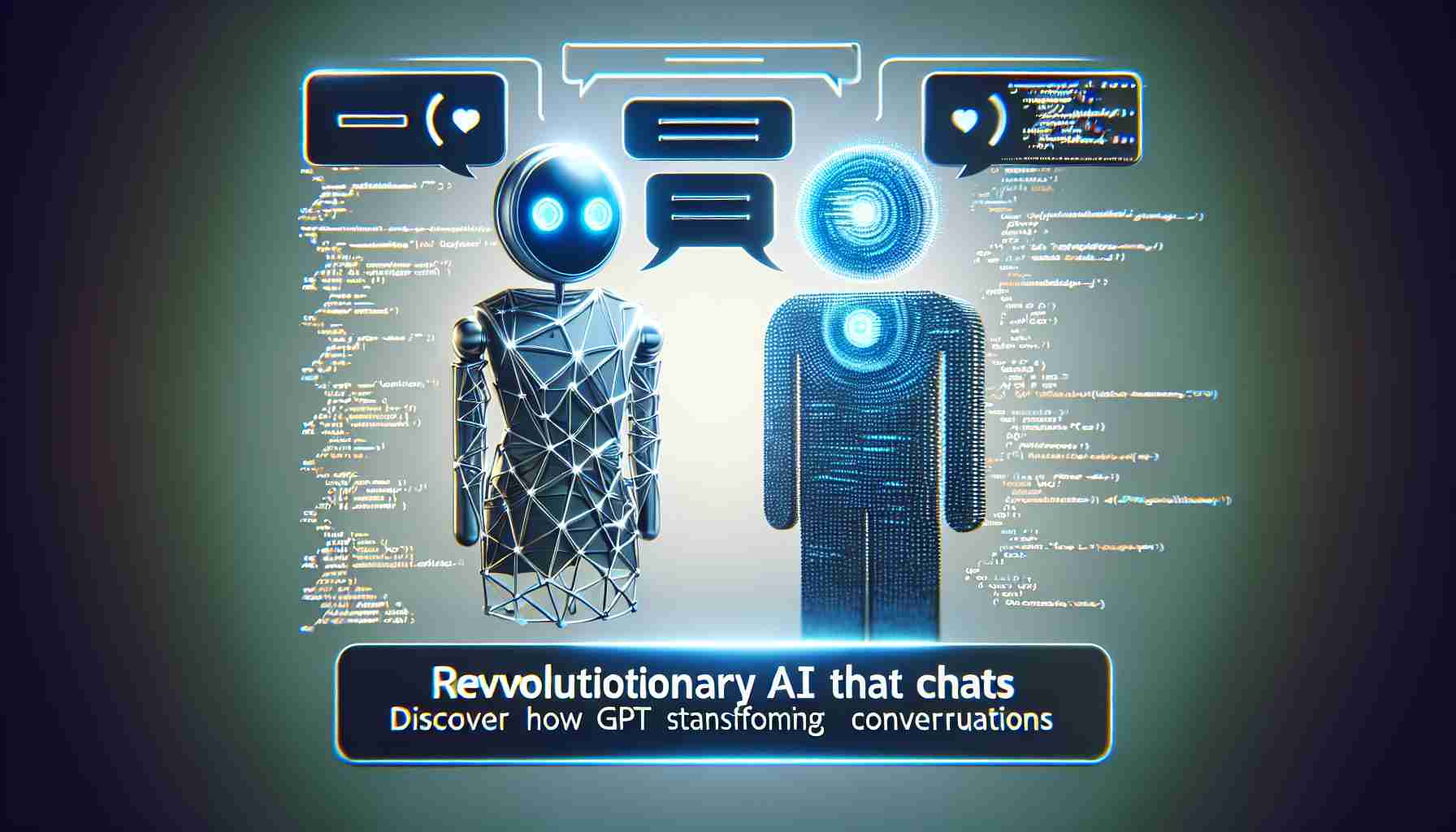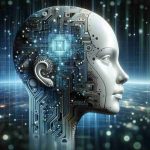The emergence of AI-powered chatbots has significantly influenced various fields, playing a pivotal role in changing how humans interact with technology. At the forefront of this transformation is GPT, or Generative Pre-trained Transformer, developed by OpenAI, a leading organization in artificial intelligence research.
GPT leverages a sophisticated neural network design called a transformer, which enables it to generate human-like text based on the input it receives. This model is trained on a diverse range of internet text, allowing it to understand and produce language with remarkable fluency and coherence.
One of the most notable applications of GPT is its use in conversational AI, where it functions as a chatbot capable of engaging users in natural and dynamic dialogues. These chatbots can assist with a multitude of tasks, such as answering questions, providing customer service, offering technical support, or even writing creative content.
What sets GPT apart from traditional AI chatbots is its ability to understand context and generate relevant and nuanced responses. This ability stems from its extensive training, which spans millions of text documents, providing it with a vast base of knowledge.
Furthermore, GPT’s design allows it to learn and improve over time, making it adaptable to various domains and applications. However, the accuracy and appropriateness of the responses largely depend on the quality of the input data and ongoing updates to the model.
In conclusion, GPT represents a significant advancement in AI communication tools, reshaping how businesses and individuals engage with automated systems. As technology continues to evolve, GPT’s role in revolutionizing human-machine interaction is bound to expand further.
Unveiling the Untapped Potential and Pitfalls of GPT in Global Societies
The proliferation of GPT and similar AI models across multiple domains has far-reaching implications that extend beyond merely facilitating human-computer interaction. An intriguing development is their burgeoning influence on education, where AI tools are being integrated into classrooms to provide personalized learning experiences. This could help bridge educational gaps by offering tailored tutoring to students across diverse socio-economic backgrounds, potentially leveling the playing field.
However, such technological advancements are not devoid of controversy. A growing concern is the ethical aspect of AI deployment, particularly in terms of privacy and data security. Since models like GPT rely heavily on vast datasets, there are apprehensions surrounding the storage and usage of personal information, prompting governments to reconsider regulatory frameworks to safeguard citizen privacy.
Moreover, the use of AI in content creation invites a critical debate about originality and authenticity. As AI systems become increasingly proficient at generating creative content, questions arise: How do we distinguish between human and AI-generated works? What does this mean for intellectual property rights?
On the flip side, GPT’s ability to democratize content creation by helping non-experts produce professional-grade work can foster creativity and innovation, although this might disrupt traditional creative industries.
In summary, while GPT is paving exciting new pathways, it is also crucial to address the ethical and societal challenges it poses. To further explore AI’s diverse applications and impacts, you might visit OpenAI.
The source of the article is from the blog radiohotmusic.it


